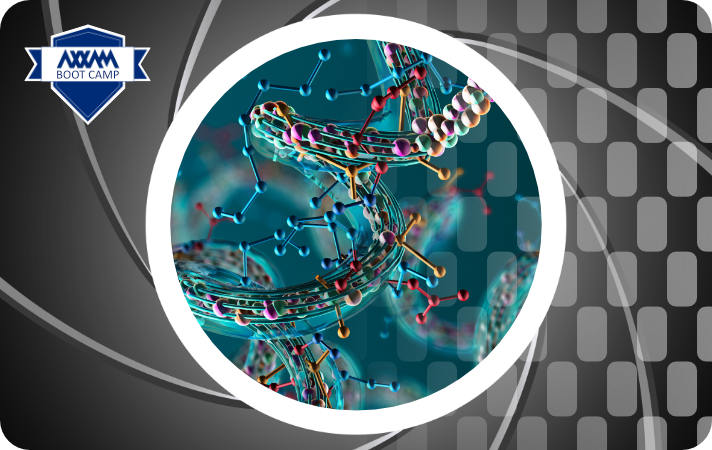Webinar

Reflections from Stefan
“They do it again!!! Drugging with covalent binders, the renaissance of a success story!
Key members and first entrees in the “Hall of fame for Drugs” were covalent acting inhibitors, Aspirin and Penicillin, respectively.
The most famous and the earliest covalent inhibitor to be introduced was acetylsalicylic acid which has been marketed since 1899 as Aspirin. Here the acetyl warhead of Aspirin acetylates Ser-530 of prostaglandin endoperoxide synthase-1, thereby inactivating the cyclooxygenase activity of the enzyme.
The other key and famous member is Penicillin, which was discovered in 1928, which also acts as a covalent inhibitor. The β-lactam binds covalently to the active site serine (Ser-36) of the bacterial enzyme DD-transpeptidase to form penicilloyl-enzyme which is inactive, thus making it incapable of synthesizing the bacterial cell-wall.
Therefore, covalent acting drugs are not a new concept, but based on very famous historically master examples!!
To find out more about how we at Axxam investigate and identify experimentally the mechanism of action of next generation covalent inhibitors, don’t miss our next webinar “My name is Bond, Covalent Bond” presented by Lucia and Laura, our expert biochemists.”
Webinar Summary:
The first covalent drug was marketed at the end of the 19th century, but the field of covalent inhibition has recently seen a renaissance thanks to different biochemical and biophysical research tools enabling a rational drug design. At present, about 30% of drugs on the market targeting enzymes are covalent inhibitors covering a broad range of different therapeutic areas.
This webinar will give you insights on the importance of conducting high-quality mechanism of action studies, considering how early knowledge of enzyme-compound complex may add value throughout a drug-discovery program. Key studies will be presented on unknown compounds identified in high-throughput screening campaigns that enabled their mechanism of action to be revealed. The studies will show how, using different mechanistic enzymology approaches, it is possible to classify mechanisms and types of inhibition for reversible enzyme inhibitors, to determine the residence time of diverse classes of enzyme-inhibitor complexes and finally to characterize the mode of action of covalent and irreversible inhibitors.
Keywords:
Mechanism of action, enzyme activity, time dependent inhibition, residence time, tight binding, slow binding, reversible inhibitor, irreversible inhibitor, covalent inhibitor, assay optimization, high throughput screening, lead optimization, drug discovery.
Speakers:
- Lucia Iuzzolino – Principal Scientist, Biochemistry group at Axxam S.p.A.
- Laura Beretta – Scientist, Biochemistry group at Axxam S.p.A.

Lucia Iuzzolino is currently a Principal Scientist in the Biochemistry group at Axxam with extensive experience in the field of HTS assay configuration on therapeutically relevant targets. She is responsible for the strategic design and development of functional biochemical assays for HTS across a broad range of targets including different enzyme classes, hetero-multimeric protein complexes, protein-peptide and protein-protein interaction. She holds a PhD in Enzymology from the Philipps-Universität Marburg (Germany) and joined Axxam in 2004, after many years of research experience on function and structure of multimeric protein complexes with different biochemical and biophysical approaches. During her career, she has co-authored several peer-reviewed publications in high-ranking international journals.

Laura Beretta has a Masters Degree in Veterinary Biotechnological Science (University of Milan). She is currently a Scientist in the Biochemistry group at Axxam involved in the development, optimization, and miniaturization of enzymatic, protein-protein interaction, and protein-nucleic acids interaction assays across a broad range of therapeutically relevant target classes. Before joining Axxam, she was a Research Assistant at the University of California, San Diego, in the Department of Skaggs School of Pharmacy and Pharmaceutical Sciences, working on biochemical characterization of different human proteases.

